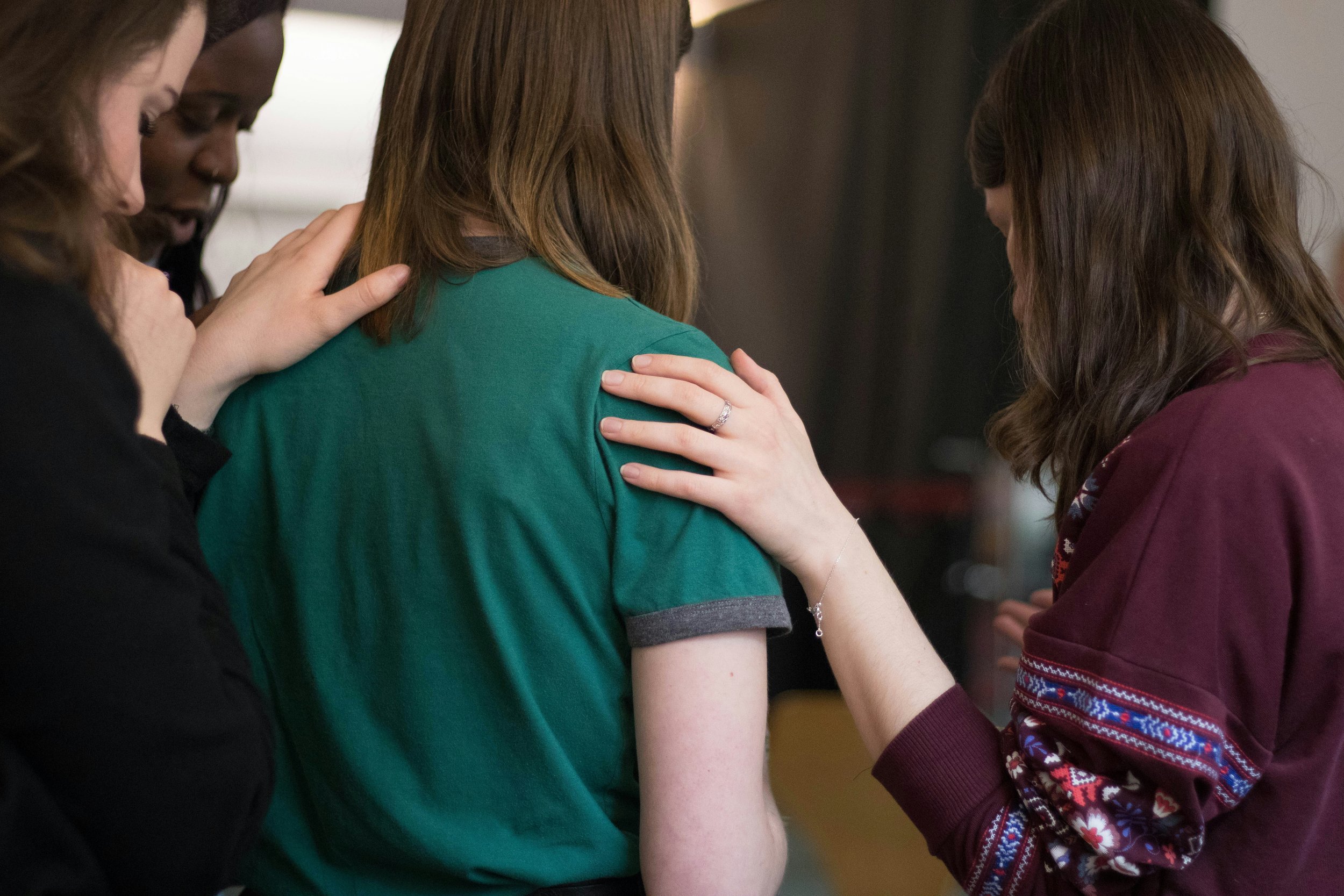The Profound Value of Grief Support for Hospice Family Members
Witnessing a loved one's final journey through hospice care is an experience profoundly shaped by grief, even while that person still lives. For spouses and children especially, anticipatory grief often begins long before the last breath, unleashing a variety of emotions that can feel overwhelming and sometimes even confusing. During this delicate time, consistent emotional support becomes invaluable.
Hospice providers understand the ripple effects terminal illness has on the whole family. That's why many hospices, including Coastal Hospice, offer grief support groups, spiritual care coordinators, and social workers to help throughout the process.
Many times, people feel like they have to process their grief alone, but this article will help you understand how a grief support group can help you in the months and years to come.
Safe Space to Share
One of the most commonly cited benefits of a grief support group is the ability to openly and honestly discuss emotions with others who can deeply relate. While well-meaning friends may struggle to understand the prolonged, non-linear grieving process, these groups create a sacred space to share fears, guilt, anger, and whatever else arises without judgment. Participants find solace in knowing they aren't alone.
Process Ambiguous Loss
For family members of a hospice patient, grief inherently involves “ambiguous loss”. This is when impending death is recognized, yet the person is still physically present. It's an existence in-between, where the future is known but letting go isn't happening yet. This existential paradox often creates conflicting feelings of sadness, resentment, hope, and detachment that all need to be processed. Support groups help families make sense of these complicated feelings.
Share Coping Mechanisms
Everyone experiences and expresses grief differently, even within the same family. In fact, a person might find that how they handle their grief during one time period may no longer help at some point in the future. In a group setting, family members can share strategies they've found helpful for managing hospice-related grief and hear new perspectives. This provides a wealth of coping ideas from leaning on spirituality, to creative outlets, to exercise, to meditation, or to simply learning how to breathe through the emotions they may experience without judgment or guilt.
Gain Helpful Education
Knowledgeable counselors leading grief support groups can help explain the nuances of the grieving process. They can explain stages, suggest books or resources, and educate on healthy ways to work through guilt, anger, anxiety, and other common experiences. Grief support group sessions are safe spaces to ask raw questions and have clinical guidance.
Forge New Support Networks
In addition to the therapeutic aspects of grief support groups, they can also create bonding experiences where members can form new supportive relationships with those walking parallel paths. Knowing there are others to call on who truly empathize can be a profound comfort, and connecting with someone in the same stage of grief can also be helpful.
Grief Support Groups at Coastal Hospice
Here at Coastal, we understand how critical grief support groups are in helping people process their loss and find comfort and healing. And you don’t have to be related to a patient served by Coastal- our grief support groups are open to the community to help anyone process the loss of a loved one.
Our grief support group is hosted in Brookings, Oregon at Coastal Home Health & Hospice, located at 585 5th Street. It meets every first and third Tuesday of each month at 3 PM in the Coastal Community Room. If you have any questions, please call us at 707-460-6191.

